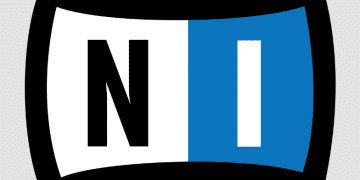Starting in Q1 2024, Spotify will make three key changes to how it pays out uploaders.
Spotify doesn’t exactly have a sterling reputation when it comes to supporting the artists and curators who use it. Come 2024, the global streaming platform du jour will take a step toward changing that. In the first quarter of the new year, it will make changes to its streamshare model intended to increase the share of streams paid out to working artists.
The means to this end is threefold. Citing sources familiar with Spotify’s plans, Music Business Worldwide reports that, firstly, the service will impose a threshold of minimum streams that an upload must meet before royalties are paid out for it. The move is meant to free up approximately .5% of the platform’s royalty pool.
Spotify will also reportedly levy financial penalties to uploaders whose content is flagged for fraudulent activity. The platform already combs for AI plagiarism and stream farming; now it will further disincentivize such activity. Curators of all kinds will be subject to the penalties once they’re rolled out.
Lastly, streams of non-music noise tracks will need to be longer in order to receive royalties. Currently, uploaders of white noise, binaural beats, or nature recordings can simply make sure the tracks are at least 31 seconds in order to receive a payout. Spotify will extend that minimum — but it hasn’t indicated by how long.
Daniel Ek and Martin Lorentzon founded Spotify in 2006. It grew popular thanks to its “freemium” model, which offered a free subscription tier that enticed users to upgrade to a paid plan in order to enjoy expanded services. The EDM boom of 2010-2015 saw a new generation of dance music producers reach worldwide audiences on the platform.
Spotify has nonetheless drawn criticism for what many argue is a model that exploits working artists. At roughly $.003 to .005 paid out per stream, a track must generate somewhere between 200 and 334 plays in order for its uploader to earn $1. In a 2020 interview with Music Ally, Ek elicited the ire of musicians worldwide by saying that “it’s not enough” for artists to release music “every three to four years.”
It remains to be seen how much more money will go into the pockets of uploaders as a result of Spotify’s upcoming streamshare model updates.








